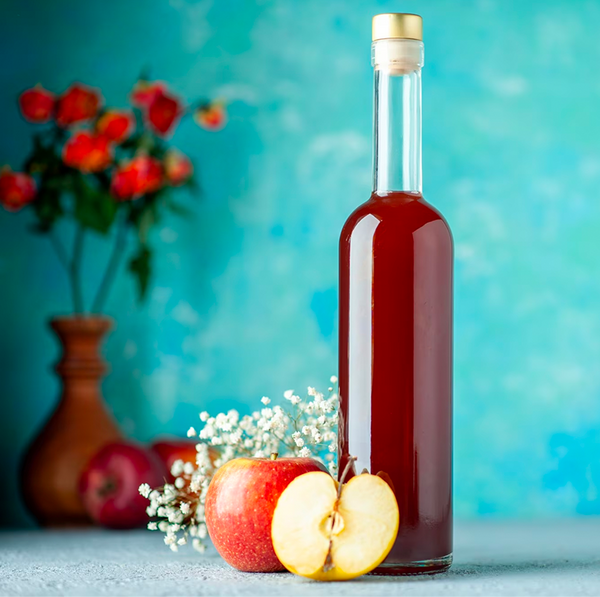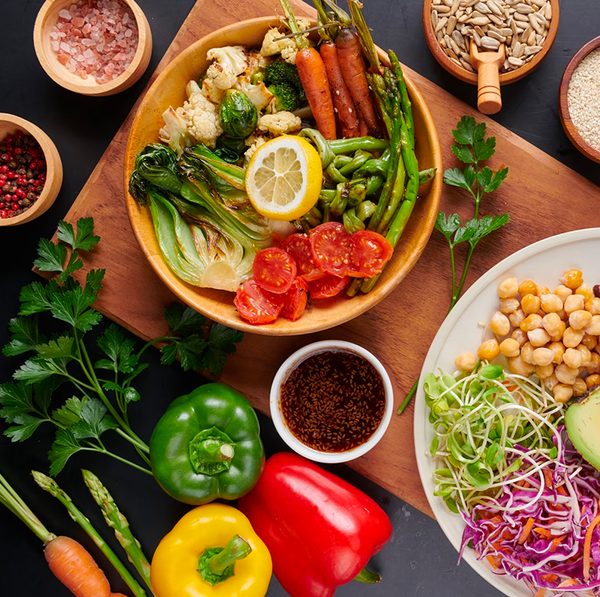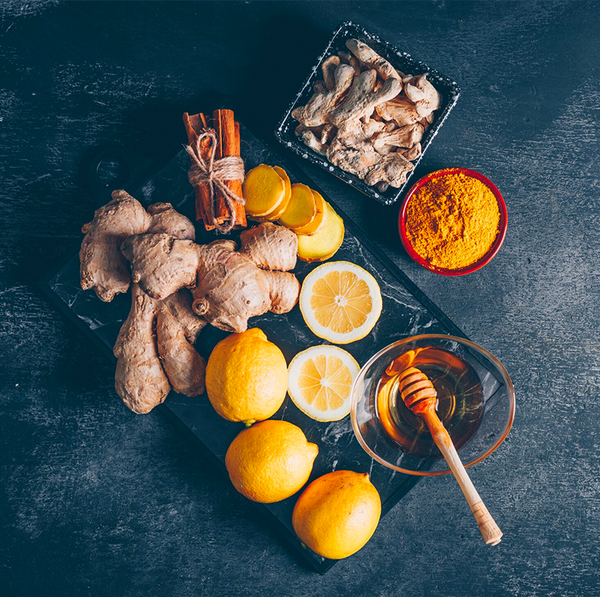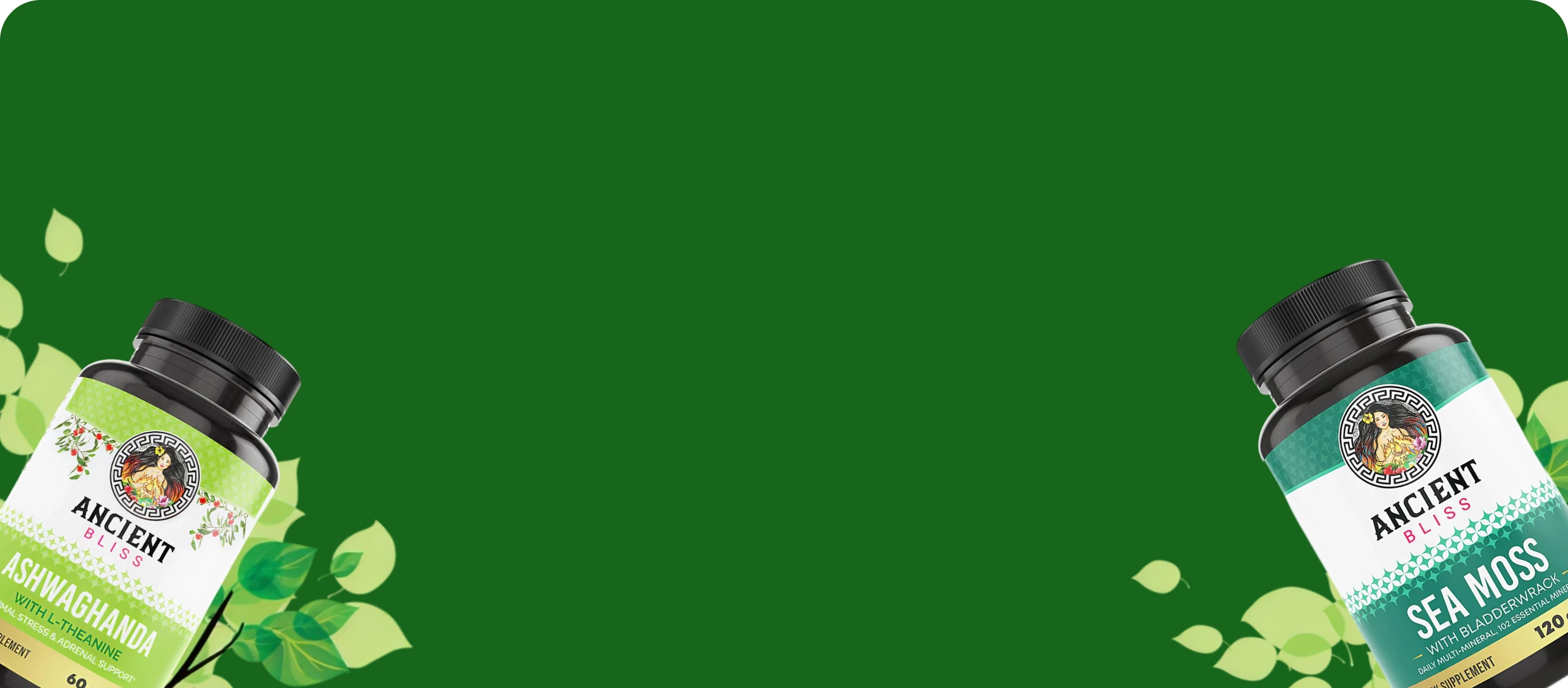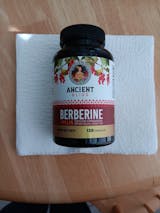Inflamation: What It is and how to Control It

Inflammation: What It Is And How To Control It With Your Nutrition
Inflammation is a defense mechanism that heals your body and protects it against harmful microbes. However, it can become your enemy when it is prolonged, also called chronic inflammation.
This form of inflammation can last for weeks, months, or even years, and can lead to chronic health conditions.
The good news: you can control your diet and lifestyle habits to regulate this process normally. Certain food items are called anti-inflammatory because of their ability to reduce inflammation, while others are called inflammatory because of their role in increasing inflammation.
What is inflammation?
Inflammation is your immune system’s response against an injury, burn, or microbial invasion. Its purpose is to get rid of a harmful microbe or remove damaged tissue parts to help the body heal naturally.
Inflammation is “good” when it is acute (short-term) and aims to protect the body. Signs of acute inflammation include heat, pain, swelling, and redness of the affected area.
Inflammation can also be “bad” if it is chronic (long-term). It does not have prominent symptoms and often goes unnoticed. However, it can lead to many life-threatening conditions, including cancer, heart disease, inflammatory bowel disease, and diabetes (1, 2, 3).
Different lifestyle factors, including eating habits, can contribute to chronic inflammation.
Does your diet influence inflammation?
The foods you eat have an impact on the inflammatory response. The connection between diet and inflammation has still not been understood properly, but scientists believe certain foods can contribute to inflammation while others can reduce it.
Your diet influences the level of C-reactive protein (CRP), which is a marker for inflammation. Inflammatory foods are known to increase the level of inflammatory messengers in the blood; that is why their consumption increases the risk of chronic inflammation.
On the other hand, fruits and vegetables are involved in reducing oxidative stress, which helps the body regulate inflammation.
Foods to avoid (Inflammatory foods)
- Refined carbs: They have most of their dietary fibers removed. Researchers believe that refined carbs promote the growth of inflammatory gut bacteria. These bacteria induce inflammatory bowel disease and obesity (4).
- Added sugar: Foods rich in added sugar, such as candies, soft drinks, cakes, chocolates, etc., can also increase inflammation in the body.
- Processed and packaged foods: They are high in artificial trans fats, the unhealthiest form of fats. They increase the risk of heart disease and cause inflammation (5, 6).
- Vegetable oils: Some vegetable oils like soybean oil have omega-6 fatty acids in abundance. Consuming them more can disturb your normal omega-3 to omega-6 fatty acids ratio, which contributes to inflammation (7).
- Excessive alcohol consumption: Consuming alcohol more than the normal amount can make your bacterial toxins enter the body via colon (a condition called ‘leaky gut’). It can encourage inflammation and cause organ failure (8).
Foods to try (Anti-inflammatory foods)
- Fruits and vegetables: Colorful fruits and leafy veggies are popularly used as anti-inflammatory foods. Green veggies like cabbage, cauliflower, broccoli, etc., are rich in vitamin K and other nutrients which help the body reduce inflammation (9). A rainbow of fruits like cherries, blackberries, and grapes also act as anti-inflammatory foods.
- Nuts: They contain healthy fats that your body needs to regulate inflammation normally. Eat only a handful of nuts regularly, or you may end up increasing your blood cholesterol levels.
- Whole grains: Whole grain foods like whole-wheat bread, whole-wheat pasta, brown rice, oatmeal, etc., have excessive dietary fibers, which are also believed to help in reducing inflammation.
- Omega-3 fatty acids: These healthy fats can help your body regulate the normal process of inflammation. Increase the intake of foods rich in omega-3 fatty acids.
- Antioxidants: They are very crucial for cell or tissue repair. They can also prevent tissue damage. Consuming foods high in antioxidants can help you fight oxidative stress and inflammation. Common examples of antioxidant food are beans, lentils, green tea, veggies, and colorful fruits.
- Mushrooms: They are a natural source of phenols and antioxidants that can provide protection against inflammation (10). A particular mushroom variety called ‘lion’s mane’ reduces low-grade inflammation in overweight people when consumed raw or lightly cooked (11).
Summary
Inflammation is a natural process, but it can be dangerous if it becomes prolonged. Chronic inflammation can also induce other health issues such as cancer, diabetes, and arthritis. That is why you should eat more antioxidants, omega-3 fatty acids, fruits, and colorful fruits that improve inflammation regulation in the body.
Try to eliminate processed food items, refined carbs, and added sugar-rich food items from your diet to control inflammation and live a healthy life!
In same category
-
![]()
Inflamation: What It is and how to Control It
Inflammation: What It Is And How To Control It With Your Nutrition Inflammation is a defense mechanism that heals your...
-
![]()
Inflamation: What It is and how to Control It
Inflammation: What It Is And How To Control It With Your Nutrition Inflammation is a defense mechanism that heals your...
-
![]()
Inflamation: What It is and how to Control It
Inflammation: What It Is And How To Control It With Your Nutrition Inflammation is a defense mechanism that heals your...

